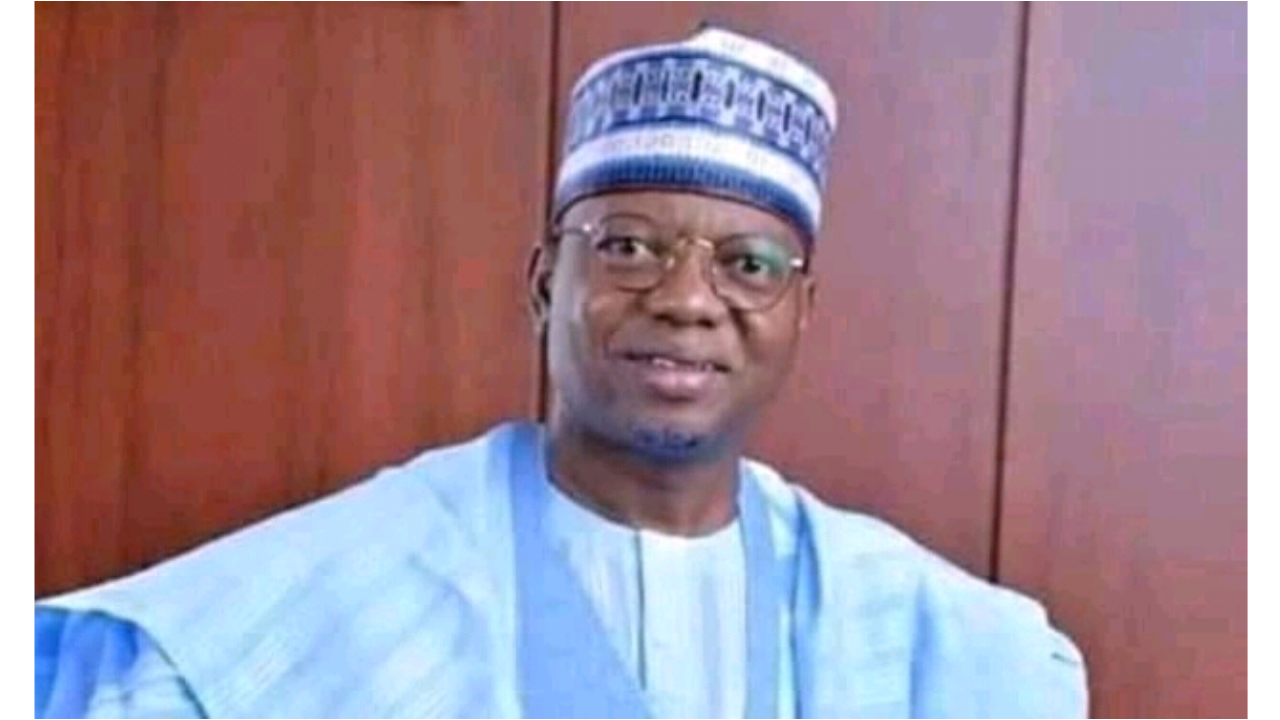In a bid to deepen the roots of democracy and ensure its sustainable growth, the National Association for Democratic Stability (NADS) has called for comprehensive institutional reforms. This initiative is part of a broader strategy to address systemic challenges undermining governance and promote a more inclusive and participatory democratic framework.
The Case for Institutional Reforms
Institutions are the backbone of any democratic society, providing the structure for governance, accountability, and the rule of law. However, when these institutions falter due to inefficiency, corruption, or lack of independence, democracy suffers. NADS emphasizes that robust institutions are critical for upholding the principles of democracy, safeguarding human rights, and ensuring fair and credible elections.
“Democracy cannot thrive in an environment where institutions are weak or compromised. Strengthening these structures is imperative for the progress of any nation,” said Dr. Amina Okoye, President of NADS.
Key Areas of Reform
NADS has outlined several areas where institutional reforms are urgently needed:
1. Electoral Systems
The association advocates for overhauling the electoral process to ensure transparency, reduce manipulation, and encourage broader participation. This includes adopting advanced technology for voter registration and election monitoring, as well as empowering independent electoral commissions.
2. Judicial Independence
A strong and independent judiciary is vital for democracy. NADS calls for measures to insulate the judiciary from political interference, ensuring that justice is delivered impartially and efficiently.
3. Anti-Corruption Mechanisms
Corruption erodes trust in democratic institutions. NADS recommends the establishment of robust anti-corruption agencies with adequate resources, legal backing, and the autonomy to prosecute offenders without bias.
4. Strengthening Legislative Bodies
Legislatures must serve as effective checks on executive power. To achieve this, NADS suggests reforms to promote accountability, transparency, and the active involvement of civil society in legislative processes.
5. Media Freedom and Civil Society Engagement
A free press and vibrant civil society are essential for holding leaders accountable. NADS urges governments to protect press freedom and create an enabling environment for non-governmental organizations and grassroots movements.
Challenges to Reform
While the need for reforms is evident, implementing them is not without challenges. Political resistance, lack of funding, and entrenched vested interests often hinder progress. NADS acknowledges these obstacles but insists that collective action and citizen advocacy can drive change.
“The journey to reform is neither quick nor easy. It requires commitment from all stakeholders, including citizens, civil society, and international partners,” Dr. Okoye added.
The Role of Citizens
NADS underscores the importance of citizen involvement in strengthening democracy. From voting to holding leaders accountable, every action counts. The association has launched awareness campaigns to educate the public on their democratic rights and responsibilities.
Looking Ahead
As democracies worldwide face unprecedented challenges, the call for institutional reforms has never been more urgent. By addressing systemic weaknesses and fostering inclusivity, NADS aims to build a democratic society where every voice is heard, and every vote counts.
Through its advocacy and engagement, NADS continues to be a beacon of hope, reminding us that democracy is not just a system of governance but a way of life that demands constant nurturing and vigilance.
Strengthening democracy is a shared responsibility, and with the collective will of the people, meaningful reforms can be achieved.




















